International projects and grants
Integrative systematics of Australian flesh flies (Diptera: Sarcophagidae)
Krzysztof Szpila (Joint Investigator)
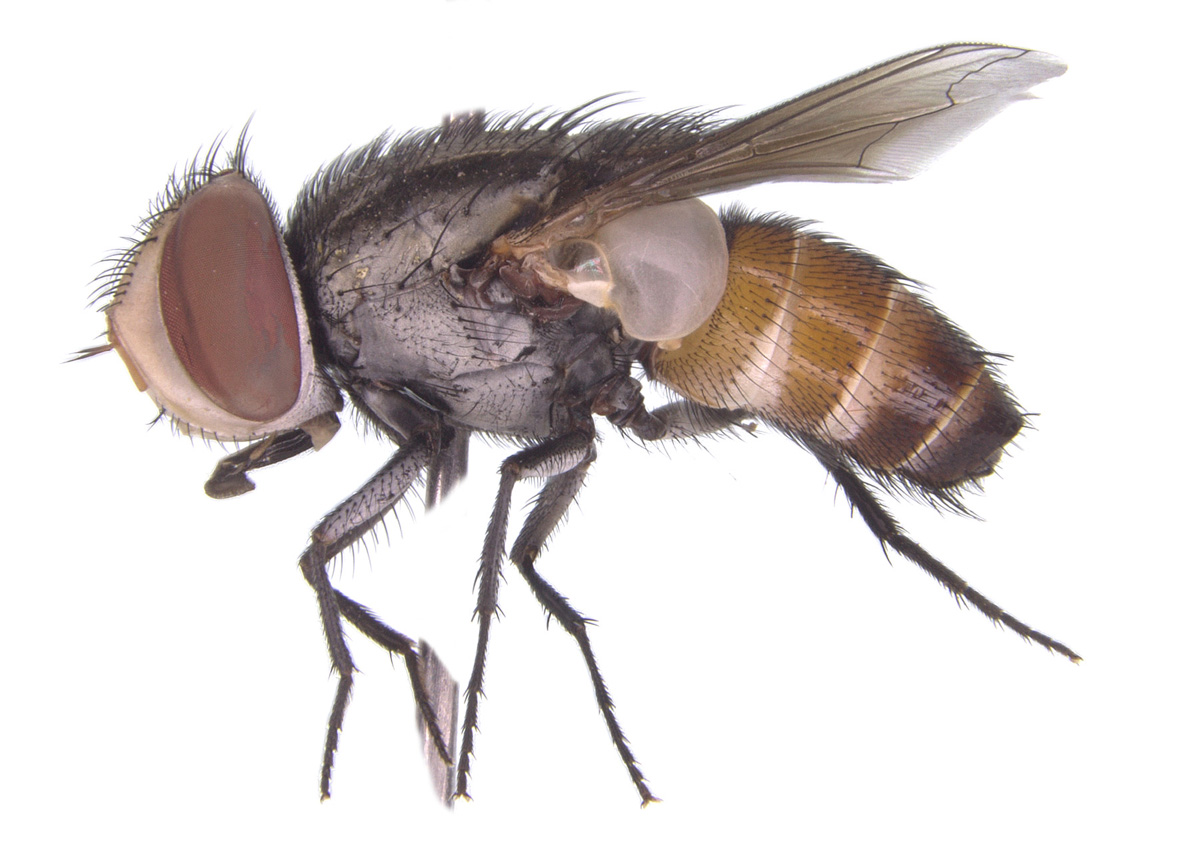 Financing:
Financing:
Australian Biological Resources Study, National Taxonomy Research Grant
Program NTRGP-60
Head of the project:
Prof. James Wallman (University of Wollongong)
 Project summary:
Project summary:
Flesh flies are prominent and important components of the Australian fly
fauna. Their diverse life histories provide interesting evolutionary models
and, when their identities and biologies are known, many species can provide
critical forensic data. This project will develop and integrate novel
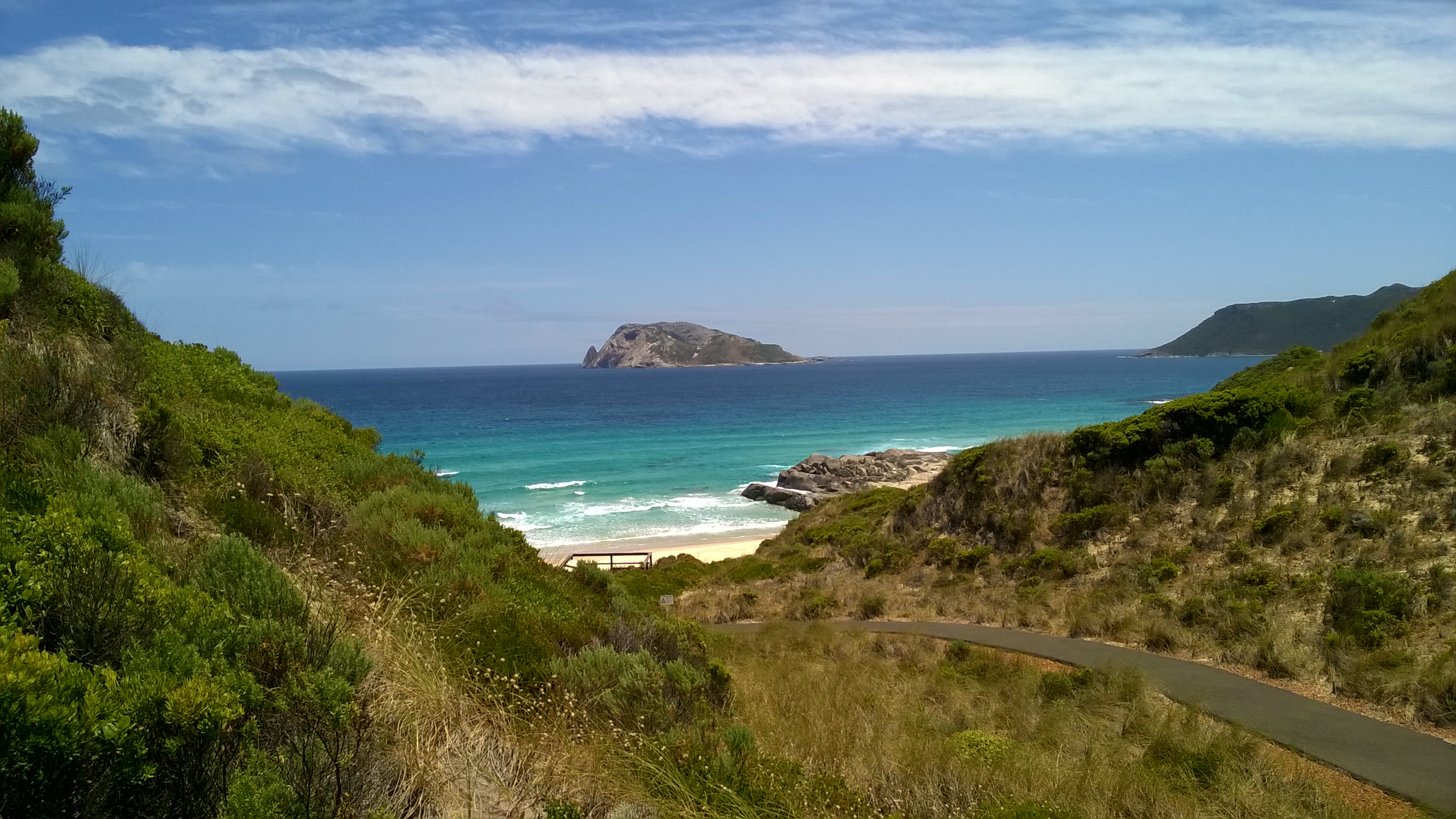 diagnostics for new species (~40 descriptions), adult (mainly female) and
diagnostics for new species (~40 descriptions), adult (mainly female) and
larval morphology (~35 and 45 descriptions, respectively), DNA sequences,
and reproductive strategies. These data will greatly improve the
identification tools for these important flies, refine our understanding of
their evolutionary history, develop important international linkages and
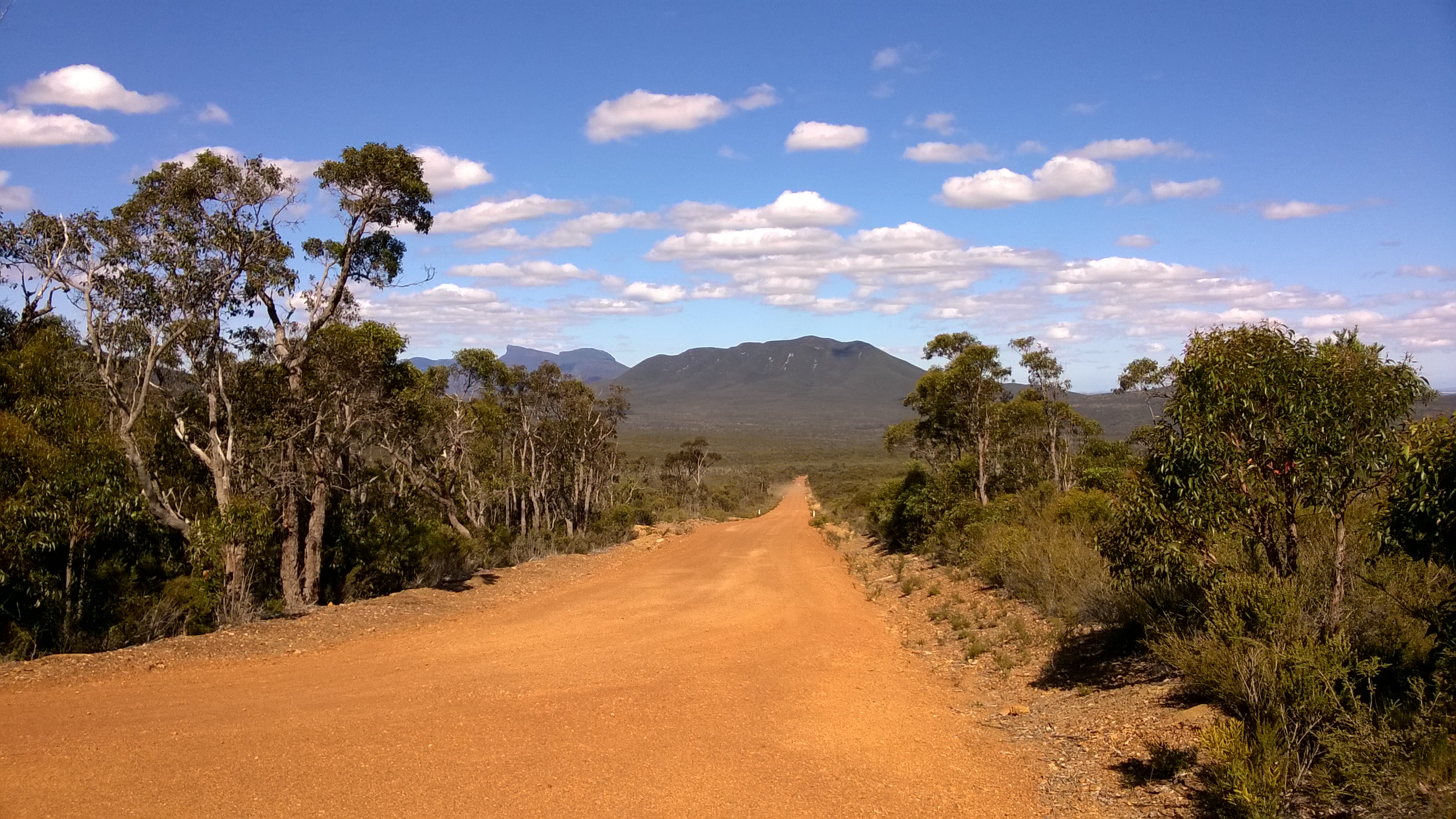 support the training of fly biologists.
support the training of fly biologists.
Duration:
2015-2018
Boosting Plant-Endophyte Stability, Compatibility and Performance across scales (BestPass)
Katarzyna Hrynkiewicz (Principal supervisor)
 BestPass is an Innovative Training Network (ITN) funded by the European Union?s Horizon 2020 research and innovation programme under the Marie Skłodowska-Curie grant agreement No 676480. This project brings together major research groups from leading universities, research institutes and key biotechnology companies constituting a highly innovative and multidisciplinary consortium from 6 European countries and New Zealand. The Best Pass consortia consists of 12 beneficiaries, 7 partner organisations and 5 Advisory Board members. Our University is represented by dr hab. Katarzyna Hrynkiewicz, prof. NCU. (Department of Microbiology, Faculty of Biology and Environmental Protection).
BestPass is an Innovative Training Network (ITN) funded by the European Union?s Horizon 2020 research and innovation programme under the Marie Skłodowska-Curie grant agreement No 676480. This project brings together major research groups from leading universities, research institutes and key biotechnology companies constituting a highly innovative and multidisciplinary consortium from 6 European countries and New Zealand. The Best Pass consortia consists of 12 beneficiaries, 7 partner organisations and 5 Advisory Board members. Our University is represented by dr hab. Katarzyna Hrynkiewicz, prof. NCU. (Department of Microbiology, Faculty of Biology and Environmental Protection).
 Overall objectives:
Overall objectives:
Plant endophytic microorganisms can improve plant yield and enhance plant tolerance to stresses under experimental conditions, but these effects are often not sufficiently stable for practical application. Hence the question arises on how do we boost the stability and reliability of the positive effects of endophytes in plants?
The overall objectives of the project is to understand the genetic basis of beneficial interactions between crops (tomato, potato, grass) and endophytes and basis of phenotypic plasticity at all interaction levels from the cellular to the field environment. Gain knowledge of the molecular mechanisms underlying the effects of endophytes,  including intra and inter-kingdom exchange and distribution of resources (nutrients), signalling and possibly regulation between and inside the partners, the mutual induced production of secondary metabolites and the environmental cues which influence crop-endophyte interactions. The genetic variation and its plasticity in host and microbe will be exploited to establish crop breeding and inoculum production processes for boosting the establishment and stability of plant-microbe mutualisms to benefit crop development and quality, mitigate stress tolerance and insect-pathogen resistance.
including intra and inter-kingdom exchange and distribution of resources (nutrients), signalling and possibly regulation between and inside the partners, the mutual induced production of secondary metabolites and the environmental cues which influence crop-endophyte interactions. The genetic variation and its plasticity in host and microbe will be exploited to establish crop breeding and inoculum production processes for boosting the establishment and stability of plant-microbe mutualisms to benefit crop development and quality, mitigate stress tolerance and insect-pathogen resistance.
BestPass provides an unique opportunity to 15 young researchers through PhD fellowships, secondments, open masterclasses and seminars who will obtain the knowledge 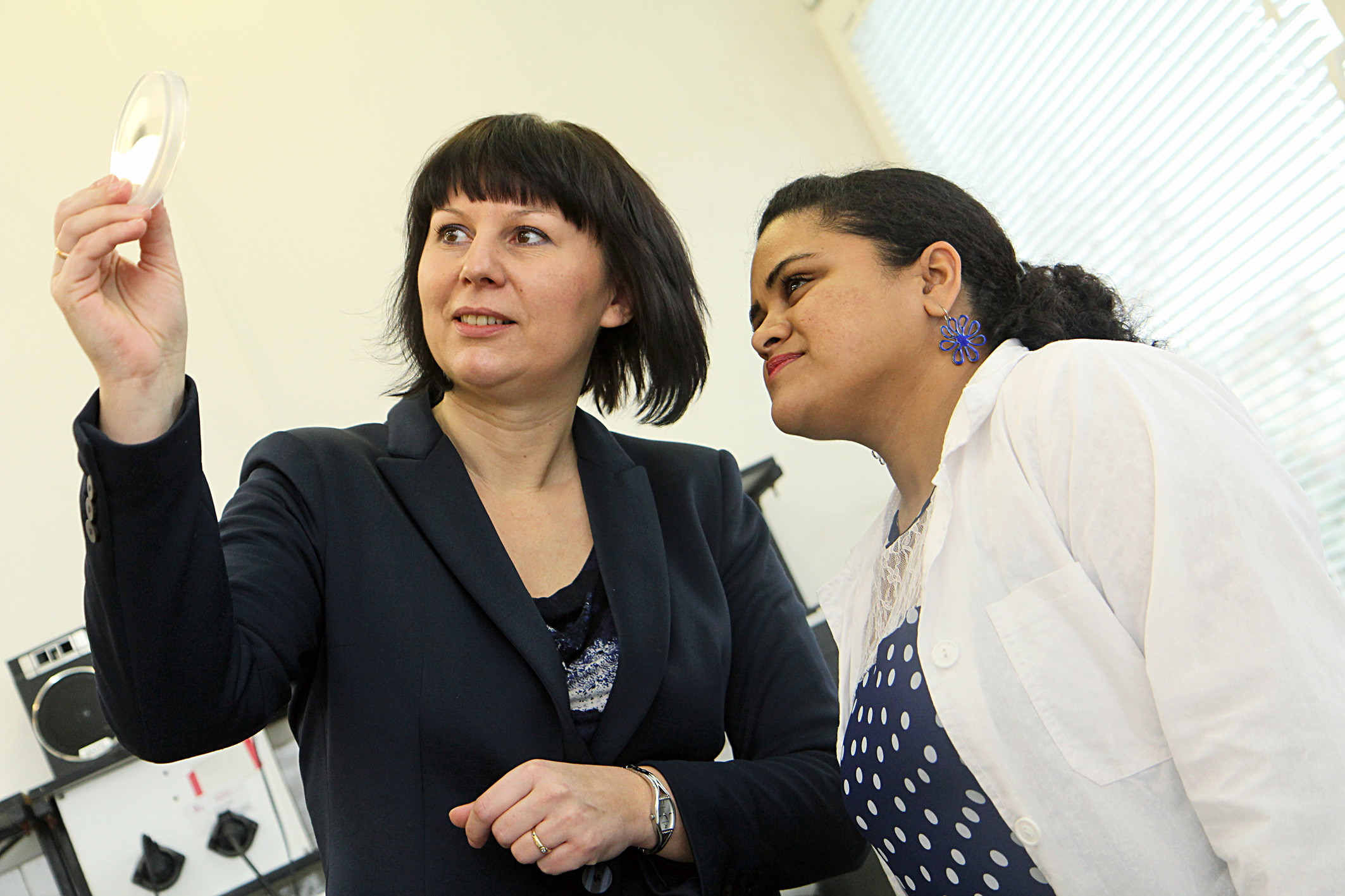 and skills needed to develop and utilize new technologies for understanding and using endophytes to improve plant productivity.
and skills needed to develop and utilize new technologies for understanding and using endophytes to improve plant productivity.
Title of doctoral thesis at our Faculty:
“Effect of Endophytes in adaptation of plants to salinity”
Principal supervisor: Assoc. Prof. Katarzyna Hrynkiewicz, Department of Microbioogy, Faculty of Biology and Environmental Protection, Nicolaus Copernicus University, Torun, Poland, hrynk@umk.pl
PhD student:
Bliss Ursula Furtado
Project funding:
Boosting Plant-Endophyte Stability, Compatibility and Performance across scales (BestPass) is an International Training Network (ITN) funding by the European Union?s Horizon 2020 research and innovation programme under the Marie Skłodowska-Curie grant agreement No. 676480.
Establishment of a European Red List of Habitats
Agnieszka Piernik (responsible for assessment of 1340 habitat – E6.3 Temperate inland salt marshes)
Financing:
EU project ENV.B.3/SER/2013/0025
Projest coordinators:
prof. J.S. Rodwell (University of Lancaster, retired), dr J.A.M. Janssen (Wageningen University)
Project summary:
The objective of the project was to assess all appr. 700 natural and semi-natural habitat types (marine and terrestrial) in the EU-28 and Europe according to an assessment methodology recommended by the feasibility study; thereby making use of all available and relevant information and expert networks. Main deliverables are a database with the collated information collected for each habitat type in the format of a fact sheet and 2 final publications (terrestrial and marine).
Budget:
Ranged between 1 300 000 and 1 500 000 EUR
Duration:
2013-2016
http://ec.europa.eu/environment/nature/knowledge/redlist_en.htm
Putting halophytes to work ? from genes to ecosystems
Agnieszka Piernik (Management Committee Member)
Financing:
EU project COST FA0901
MC Chair:
prof. T. Flowers (University of Sussex)
Project summary:
The goal of action was to create an interdisciplinary group of scientists to bridge gaps between disciplines by jointly exploring the biodiversity of halophytes, re-evaluating their uses as crops, including bioenergy, as sources of salt-resistance genes and for use in the restoration and rehabilitation of salinized or contaminated land. The Action tackled the problems of salt-affected agricultural land and supported the timely development of a saline agriculture using brackish water as a replacement or a supplement for diminishing freshwater. Within this project we organised WGS meeting at our Faculty 09-11May 2011 and we edited one issue of our journal Ecological Questions (EQ 14/2011) dedicated to this meeting.
Duration:
2009-2014
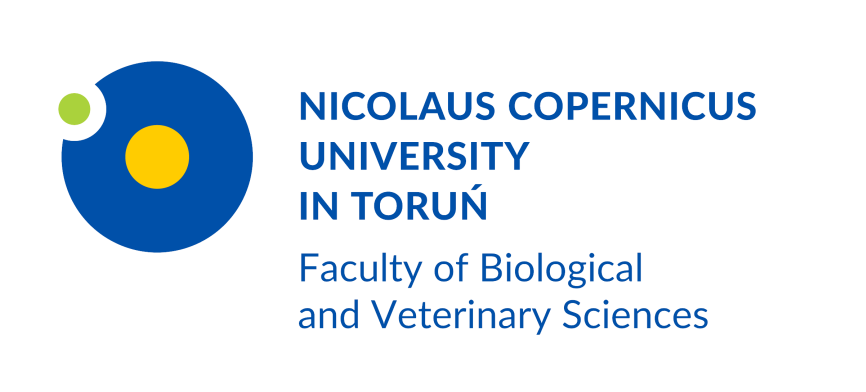
 ul. Lwowska 1, 87-100 Toruń
ul. Lwowska 1, 87-100 Toruń